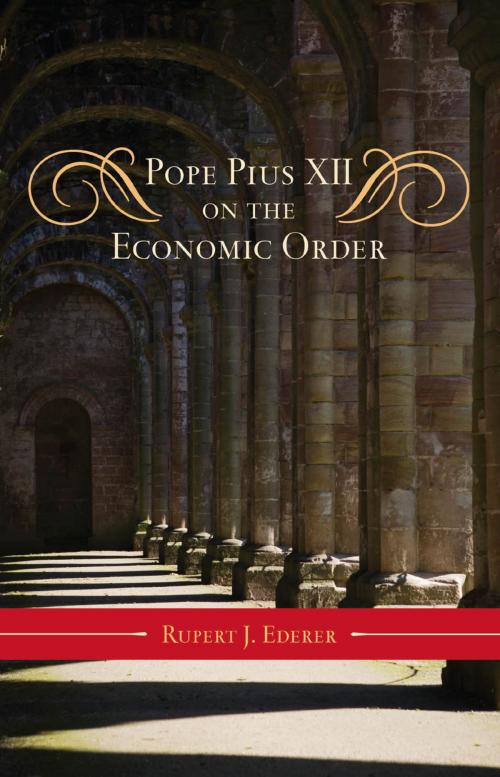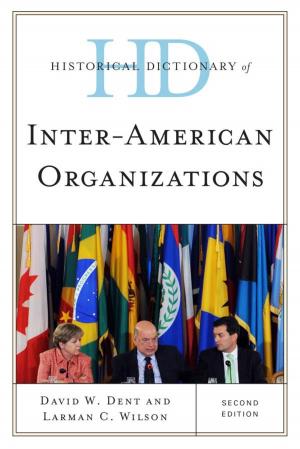Pope Pius XII on the Economic Order
Business & Finance, Economics, Economic History, Nonfiction, Religion & Spirituality, Christianity, Denominations, Catholic, Catholicism| Author: | Rupert J. Ederer | ISBN: | 9781461670575 |
| Publisher: | Scarecrow Press | Publication: | June 6, 2011 |
| Imprint: | Scarecrow Press | Language: | English |
| Author: | Rupert J. Ederer |
| ISBN: | 9781461670575 |
| Publisher: | Scarecrow Press |
| Publication: | June 6, 2011 |
| Imprint: | Scarecrow Press |
| Language: | English |
In Pope Pius XII on the Economic Order, economist Rupert J. Ederer explores the views of Eugenio Pacelli, who served as pope during the tumultuous period of 1939 to 1958. Prodigious in his output, Pius XII produced 40 encyclicals, 19 highly regarded Christmas messages, and series of addresses to groups and organizations, laying the groundwork for the economic views of his successors.
According to Ederer, it "is safe to say that no Roman pontiff has addressed the problems confronting the social order as frequently and as widely outside the formal structure of encyclicals as Pius XII. This applies in a special way to his masterful and prophetic Christmas Messages." Through the study of Pius XII's encyclicals and Christmas messages, Ederer examines this important pontiff's views on economics and the social order, the world of work, agriculture and farmers, food and population, the middle class, and the world of money and finance.
Students and scholars interested in the history of Pius XII's papacy will find in Ederer's analysis an insightful study of Catholic economic thought during an era when nations representing the forces of capitalism, fascism, and Communism were joined in a fierce battle for dominance.
In Pope Pius XII on the Economic Order, economist Rupert J. Ederer explores the views of Eugenio Pacelli, who served as pope during the tumultuous period of 1939 to 1958. Prodigious in his output, Pius XII produced 40 encyclicals, 19 highly regarded Christmas messages, and series of addresses to groups and organizations, laying the groundwork for the economic views of his successors.
According to Ederer, it "is safe to say that no Roman pontiff has addressed the problems confronting the social order as frequently and as widely outside the formal structure of encyclicals as Pius XII. This applies in a special way to his masterful and prophetic Christmas Messages." Through the study of Pius XII's encyclicals and Christmas messages, Ederer examines this important pontiff's views on economics and the social order, the world of work, agriculture and farmers, food and population, the middle class, and the world of money and finance.
Students and scholars interested in the history of Pius XII's papacy will find in Ederer's analysis an insightful study of Catholic economic thought during an era when nations representing the forces of capitalism, fascism, and Communism were joined in a fierce battle for dominance.















